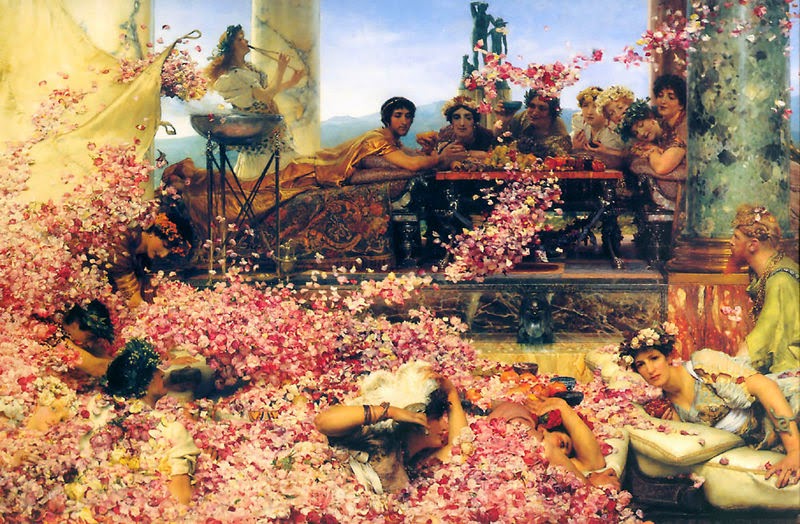Shells hit the house in which the two veteran war correspondents were
staying, then they were killed by a rocket as they tried to make their escape,
activists told Reuters.
Only yesterday, Colvin reported on shelling in the city in a for BBC, as well as
CNN, in which she described the
bloodshed as “absolutely sickening”.
“I watched a little baby die today,” the award-winning reporter said.
“Absolutely horrific.
“There is just shells, rockets and tank fire pouring into civilian areas of this city and it is just unrelenting.”
In a report published in the Sunday Times over the weekend, Colvin spoke of the citizens of Homs "waiting for a massacre".
"The scale of human tragedy in the city is immense. The inhabitants are living in terror. Almost every family seems to have suffered the death or injury of a loved one," she wrote.

In 2010, Colvin spoke about the dangers of reporting on war zones at a Fleet Street ceremony honouring fallen journalists.
She said: "Craters. Burned houses. Mutilated bodies. Women weeping for children and husbands. Men for their wives, mothers, children
"Our mission is to report these horrors of war with accuracy and without prejudice.
"We always have to ask ourselves whether the level of risk is worth the story. What is bravery, and what is bravado?
"Journalists covering combat shoulder great responsibilities and face difficult choices. Sometimes they pay the ultimate price."
On Tuesday night Colvin, who is in her fifties, also appeared on Channel 4 and ITV news bulletins, reporting on the bombardment of the opposition stronghold.
Ochlik was born in France in 1983 and first covered conflict in Haiti at the age of 20. Most recently he photographed the revolutions in Tunisia, Egypt and Libya.
Earlier this month, he won first prize in the general news stories category of the World Press Photo contest for images taken during the Libyan conflict.
The two were killed when a shell crashed into a makeshift media centre set up by anti-regime activists in Baba Amr district, activist Omar Shaker told the AFP news agency.
“There is just shells, rockets and tank fire pouring into civilian areas of this city and it is just unrelenting.”
In a report published in the Sunday Times over the weekend, Colvin spoke of the citizens of Homs "waiting for a massacre".
"The scale of human tragedy in the city is immense. The inhabitants are living in terror. Almost every family seems to have suffered the death or injury of a loved one," she wrote.
In 2010, Colvin spoke about the dangers of reporting on war zones at a Fleet Street ceremony honouring fallen journalists.
She said: "Craters. Burned houses. Mutilated bodies. Women weeping for children and husbands. Men for their wives, mothers, children
"Our mission is to report these horrors of war with accuracy and without prejudice.
"We always have to ask ourselves whether the level of risk is worth the story. What is bravery, and what is bravado?
"Journalists covering combat shoulder great responsibilities and face difficult choices. Sometimes they pay the ultimate price."
On Tuesday night Colvin, who is in her fifties, also appeared on Channel 4 and ITV news bulletins, reporting on the bombardment of the opposition stronghold.
Ochlik was born in France in 1983 and first covered conflict in Haiti at the age of 20. Most recently he photographed the revolutions in Tunisia, Egypt and Libya.
Earlier this month, he won first prize in the general news stories category of the World Press Photo contest for images taken during the Libyan conflict.
The two were killed when a shell crashed into a makeshift media centre set up by anti-regime activists in Baba Amr district, activist Omar Shaker told the AFP news agency.
http://www.telegraph.co.uk/news/worldnews/middleeast/syria/9097762/Syria-Sunday-Times-journalist-Marie-Colvin-killed-in-Homs.html


No comments:
Post a Comment